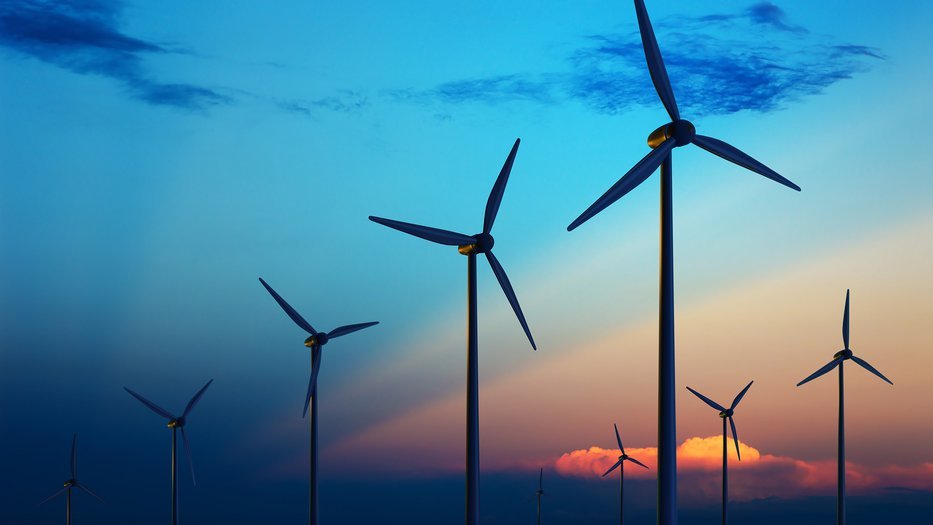The number of green energy tariffs available to British households has dropped sharply during the ongoing cost of living crisis.
Many bill payers now prioritize affordability over sustainability, leading suppliers to reduce their green tariff offerings. Since the global energy crisis began after Russia’s invasion of Ukraine in early 2022, gas and electricity bills have soared to record levels. Consequently, energy companies have pulled many tariffs marketed as “green” from the market.
In 2022, green energy tariffs accounted for about 85% of the UK’s supply market. Climate-conscious customers paid a premium for renewable-backed deals. However, recent industry data shows that green tariffs now represent roughly just one-fifth of all tariffs available.
William Mann-Belotti, an energy analyst, explained that demand for renewable-backed tariffs has dropped because “green credentials aren’t a higher priority than cost.” He added that during a cost of living crisis, it becomes tough to sell pure green tariffs at premium prices.
Green tariffs typically guarantee supply from renewable sources rather than mixed energy from the national grid. They do this either by matching each unit sold with a renewable energy certificate or through direct agreements with renewable energy producers.
The number of green dual-fuel tariffs has halved in just one year. Last summer, 24 green dual-fuel deals were available compared to only 13 last month. Currently, green tariffs — including separate gas and electricity plans — make up about 18% of all deals on the market.
Before the energy crisis, green deals made up 85% of all available tariffs. Mann-Belotti pointed out that consumer choice influences the market. He suggested many now switch away from more expensive green tariffs due to cost concerns.
Moreover, he noted that many households reduce their carbon footprints by installing solar panels rather than relying on green tariffs. Despite fewer options, recent green tariffs offer stronger environmental credentials than before.
More suppliers now buy clean energy directly from renewable projects instead of using certificates. Others promote tariffs that encourage customers to use more renewable energy when it is abundant and cheaper. This shift improves transparency and helps avoid so-called “greenwashing” of energy deals.
In summary, although the availability of green energy tariffs has decreased significantly, the quality and authenticity of the remaining options have improved.
For more updates, follow London Pulse News.


